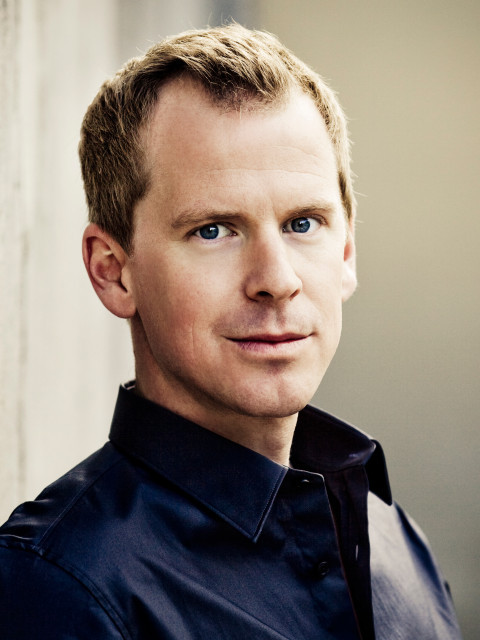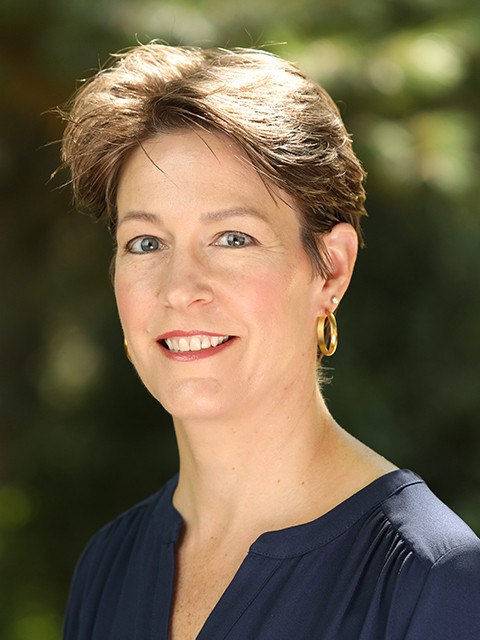Celebrating Excellence in Sustainability and Design
PSI Academy Awards
The PSI Academy Awards will be presented for the first time in 2025. They recognise the best practices of suppliers, distributors & agencies as well as industrial and commercial customers in the sector.
Entries for the 2025 Awards are open until 30th June 2025. >> To the registration.
The PSI Academy Conference offers various coordinated learning modules to support companies with the challenges of sustainable transformation.
Overview
The new industry award will honor particularly sustainable products, companies, and newcomers in the promotional products industry. The PSI Academy Awards will go beyond the previous PSI Sustainability Awards in content and ambition by documenting and recognizing developments and progress. The new format is designed as both an incentive and inspiration for the entire promotional products industry.
>> Download Award Factsheet
BENEFITS
- via the social media channels of PSI and the PSI Academy partners
- Publications with selected media partners
- Press kit for all nominees and winners
CATEGORIES
Entries for the PSI Academy Awards can be submitted in the following categories:
For Suppliers:
- Product of the Year in the product categories:
- Apparel & Textiles
- Electronics & Multimedia
- Lifestyle & Accessories
- School & Office Supplies
- Bags, Luggage & Travel
- Special Prices*
- Company of the Year
- Newcomer of the Year**
- Campaign of the Year
- Special Prices*
- Company of the Year
- Newcomer of the Year**
- Campaign of the Year
- Special Prices*
- Company of the Year
Would you like to suggest a partner or a customer for a nomination? Send us your suggestion with reasons via: psi.academy@rxglobal.com * Nominations for the special awards are made by the jury.
** Newcomers are companies that are less than 2 years old at the time of submission.
Contact
Do you have any general questions about the application? Please feel free to contact us by mail awards@psi-academy.com, or by phone +49 30 35527221
Award Process
30th June 2025 Application deadline PSI Academy Awards >> To the registration
By the end of July 2025 Review and evaluation of the applications through the Jury
By mid-August 2025 Selection of nominees through expert Jury and communication through PSI Academy and partner channels
11th September 2025 Awarding of the PSI Academy Awards at the Gürzenich Köln
Martinstraße 29-37, 50667 Köln
A call-off contingent is available for hotel bookings at the Dorint Hotel am Heumarkt.
This is available until 11th August 2025 under the keyword ‘PSI Academy Awards’.
To express a reservation, please use the address reservierung.koeln-heumarkt@dorint.com or the telephone number +49221 2848911
Fees
Participation fees for the PSI Academy Awards:
For suppliers and distributors (including 1 Night ticket):
For newcomers (including 1 Night ticket):
The Jury
The submission process is carried out and accompanied by our neutral partner Green Product Awards.
The subsequent evaluation of submissions takes place through an international neutral jury of experienced experts will assess the submissions with their expertise and evaluate them based on the criteria to determine the winners. The jury not only nominates and determines the winners but also provides transparent feedback on the evaluation to participants.
CEO + Founder of The Circular Materials GmbH

Karsten is a trained industrial mechanic for machine and system technology and a qualified product designer. Since his studies he has been working on "New Materials in Product Design".
From 2005-2013 he was Director Library & Materials Research, significantly involved in building and managing the world's largest materials library for the New York-based consulting company Material ConneXion. In 2013, the materials expert founded MRC - Materials Research & Consulting, a consulting company for innovative and sustainable product development. MRC advises development departments of well-known companies from Europe, Asia and the USA.
In 2019 he founded "The Circular Materials GmbH". The company develops and produces tailor-made materials and products for the circular economy.
Since 2009 he has been teaching "Material & Design" and "Sustainability & Circular Design Practice" at various engineering, design and architecture universities.
Green Product Award

Nils Bader is Director of the international Green Product Award & Green Concept Awards and the Green Future Club. In this role Nils is responsible for partners, networking events, exhibitions and the development of sustainable showcases. As a consultant for sustainable transformation, he has been supporting companies, governmental institutions and educational institutions in the fields of innovation, strategy and sustainable business model design for more than 25 years.
University of Oregon

Kiersten Muenchinger is an Associate Professor in the Product Design Program and one of the principles in the Green Product Design Network at the University of Oregon. She was honored with the Sustainable Practice Impact Award in 2018. Muenchinger researches and teaches the intersection of materials, manufacturing and design with an emphasis on sustainability tactics and metrics. Her research utilizes Kansei engineering principles to measure how consumers perceive the sustainability of materials. Kiersten was named “Young Educator of the Year” in 2011by the Industrial Designers Society of America (IDSA), and one of the Design Intelligence 30 Most Admired Educators for 2015. Before joining UO, Kiersten was a design engineer with IDEO, Fitch, Sottsass Associatti, and Walt Disney Imagineering.
Lund University, Sweden

Claus-Christian Eckhardt was appointed in 2001 as professor and director of Lund University School of Industrial Design in Sweden. He studied industrial design at the Braunschweig University of Art. After graduating, he worked for Silvestrin Design, Blaupunkt and Bosch, where later he became head of design. He led the design activities of Tenovis and Avaya. He also a freelance designer since 2000.
The Criteria
The evaluation of submissions via the ‘Apply Now’ button and the determination of winners are based on overarching and specialized criteria. The submission is deliberately carried out through a neutral partner. After an initial review, the submitting companies receive interim feedback for optimization. This process is carried out and accompanied by our neutral partner Green Product Awards.
To optimally prepare a submission, we recommend that suppliers use the submission assistant for products, and retails & agencies and industrial and commercial clients use the submission assistant for campaigns as a basis. This includes both formal requirements and details about the criteria used by the jury to evaluate submissions.
Overall rating
Approach
The originality, reproducibility and credibility are assessed.
Elaboration
Evaluated are the complexity of the analysis, the quality of the preparation and the way of implementation.
Impact
Positive impact on the environment and society
Subject-specific reviews for products
Design
This is about the design as an overall approach with the following criteria: aesthetics, user-friendly functionality, economic and ecological constructions, possibly the interaction of product and packaging. The quality of communication with the consumer about sustainability is also considered.
Sustainability
The fulfilment of a number of aspects that we believe are also relevant for sustainable projects can be found in the specialist areas of design and product compliance. We have refrained from repeating these here.
Product Compliance
The award-winning products must fulfil high standards of environmental and social responsibility while offering exceptional functionality and user satisfaction.
Usage of Promotional Goods
Promotional items are assessed for their practicality, quality, brand alignment, target audience relevance, and cost-effectiveness to ensure maximum impact and value.
Subject-specific reviews for campaigns
Achieved Marketing Value
The effectiveness and success of the campaign in relation to the marketing objectives set.
Implemented Measures
The quality and implementation of marketing activities and strategies.
Positive impact on the environment and society
The sustainability and social responsibility of the campaign.
